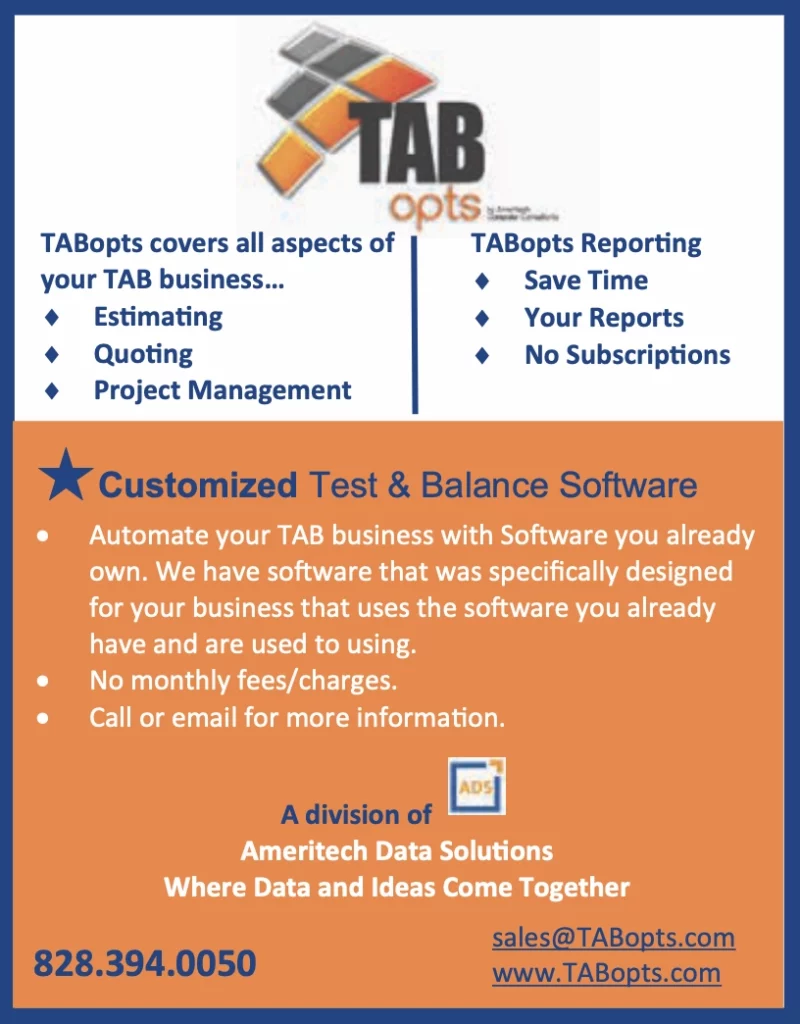By JT Kraai, on Aug 23, 2018, The NEBB Professional – Q3 2018 Edition
As a business owner you’ve worked hard building your business. The day will come, or has already, when you ask yourself, “What’s next?” Once this question is asked, answers are paramount. Without them, it’s impossible to make solid decisions for the future.
With the stakes high, thoughts of selling become intensely personal. Whether it’s a full or partial transfer to a family member, key employee(s), or a sale to an independent 3rd party, emotions can escalate. Which transition is best for you may not be clear, but questions arise. As you look for answers and commit to getting educated, your best options will become evident. Here are 10 critical questions every owner should ask (and answer) to kick-start their education.
1. What is my business worth?
When a business owner contacts me, this is often the first question asked and is a natural place to start. Based on the type of sale (asset vs. stock sale) and overall deal structure, this question needs clarification. Business worth is a starting point to calculate your ultimate post-tax yield- the remaining funds after the deal is done and taxes have been paid.
2. What will I pay in taxes?
An unpleasant subject yes, but ignoring it makes it worse. Solid answers are vital to decision-making and planning. Depending on the business value, equity and legal structure, tax planning measures can be very effective. Without tax-related answers, meaningful decisions surrounding a sale are difficult.
3. Can I personally retire?
This answer is two-fold. First, is it financially feasible? Based on your age, lifestyle and level of personal assets, only you can answer that question. Secondly, do you want to retire? Some owners want to sell and retire, yet the thought of selling is traumatizing. Why? Having worked with 500+ business owners, some don’t know who they are without their business. Odd as it sounds, remove the title and responsibilities, what’s left? For some, not much. Every owner should know who they are without their business.
4. Why am I selling?
For many, the age of retirement is here and they’re ready to move on. Others may be burnt out, stating, “I’m tired and don’t want to do this anymore.” Or, the industry may have changed to a point where it’s not recognizable anymore. Ask yourself, “Are you tired and burnt out?” Or, “Am I truly ready to retire?” Be honest, the answer to this question will drive many other future questions.
5. When is the best time to sell?
Most buyers view business value like stocks: when financial performance is strong, values goes up. When financial performance is weaker, values go down. Timing is critical to maximize the value. Ideally, both you and the business are ready to sell at the same time.
6. How long does it take to sell a business?
Selling a business takes time, the HVAC and related industry businesses NEBB represents is no exception. Valued and marketed properly, sell time is between 10-14 months. Plan on the process taking around a year and treat it like a marathon, not a sprint.
7. When should I start to prepare?
Ideally, owners should begin three to four years in advance. For many owners, once they’ve crossed the emotional ‘threshold’ of selling, it can’t arrive fast enough. When possible, allow a solid two-year window to get the business in order and maximize value.


8. How can I prepare my business for sale?
This lengthy answer requires more space to do it justice. For the sake of simplicity, here are some key areas of focus:
- Remove Some Hats and Delegate: If an owner wears “too many hats,” (doing too much) the search for a buyer becomes more challenging.
- Have Clean Financials: Buyers (and their lenders) like transparent financial statements. That doesn’t mean some personal expenses can’t be included but keep the financials clean.
- Document Systems and Procedures: Documented systems and procedures makes them easily referenced, repeatable and more efficient. Buyers look for a turnkey operation.
- Assemble Necessary Documentation: Prepare for the due diligence process. Response time and accuracy in due diligence builds trust and confidence.
Know what is needed and prepare to produce it quickly. - Honor Key Employees: Key employees and their industry knowledge are a valuable asset in the buyer’s eyes. Trust employees by delegating, retain them by valuing who they are and their contribution to your team.
- Stay Focused: Often owners check out emotionally, which is a treacherous slope. When preparing a business for sale, never waiver from the goal of a successful sale. Human nature is to relax and put efforts on cruise control, thinking the sale will just happen.
Do that and value will suffer.
9. Which advisors should help?
The sales process is full of details. Assemble a Transition Team that could include an accountant, attorney, an advisor/ broker, and maybe an estate planner and financial advisor. Their focus is to maximize financial gain and minimize risk at every step. Your life’s work and retirement are at stake, protecting it should be a priority.
10. How do I keep this confidential?
Confidentiality is paramount before and during the selling process. Nobody likes tire-kickers. There is a strict yet efficient process and protocol to follow when confidentially recruiting qualified buyers. The process is designed to efficiently side-step the lookers and focus on the best buyers. There simply is no room for error when it comes to confidentiality.
After reading this list, more questions may cross your mind regarding employees, real estate, adjusted earnings, deal structures and more. Answers are available to these and dozens more.
Educating yourself is the first step. Solid answers lead to solid decisions, giving you both confidence and peace of mind to move forward.
About the Author
JT Kraai is president of Exit Strategies 360, specializing nationwide in business sales, valuations, and exit planning for specialty construction businesses. He can be reached 100% confidentially at 503-577-5649 or Info@ExitStrategies360.com.